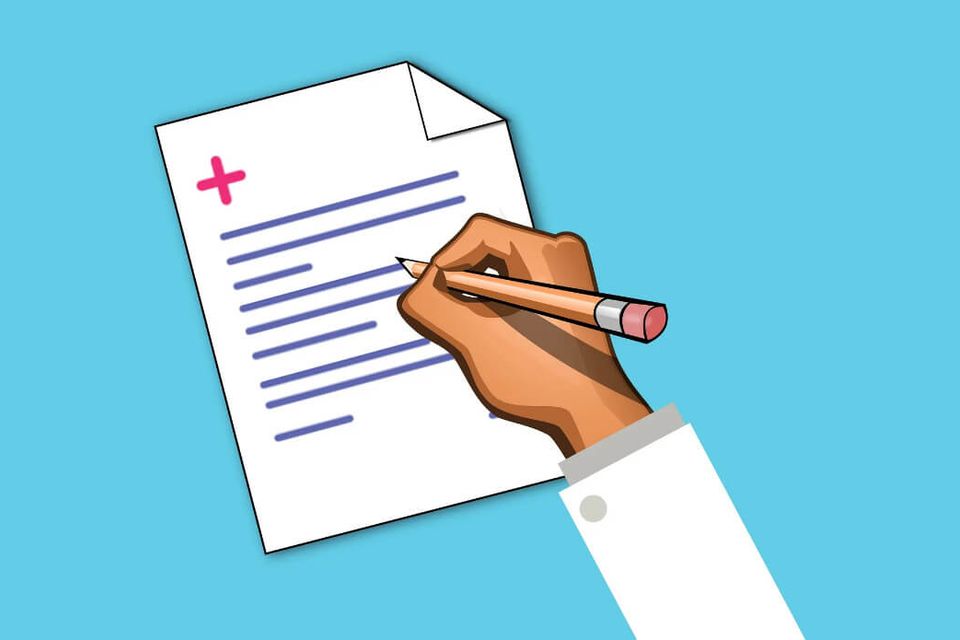
A guide to combining counseling and psychiatric care
Therapy & Medication: How They Work Together
You don’t have to choose between therapy and medication. For many people, the most effective path is a combination: skills-based therapy to create lasting change, and when appropriate, medication to reduce symptoms enough to make that work possible. At Dimensions Counseling Center, we use proven methods like Acceptance & Commitment Therapy (ACT), Cognitive Behavioral Therapy (CBT), and Eye-Movement Desensitization and Reprocessing (EMDR). We also collaborate with prescribing providers (psychiatrists, PMHNPs, primary care) when medication might help.
Care note: This page is educational and not medical advice. Decisions about medication must be made with a licensed prescriber who knows your history.
Care note: This page is educational and not medical advice. Decisions about medication must be made with a licensed prescriber who knows your history.

